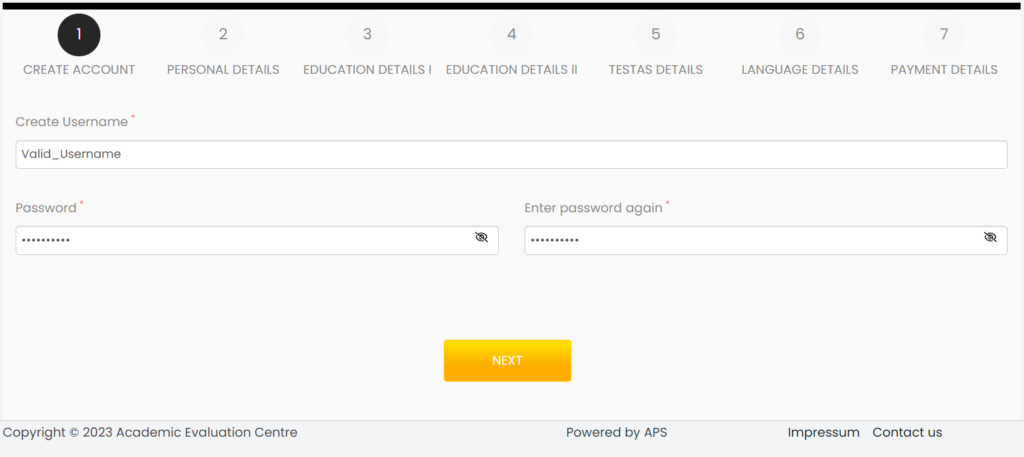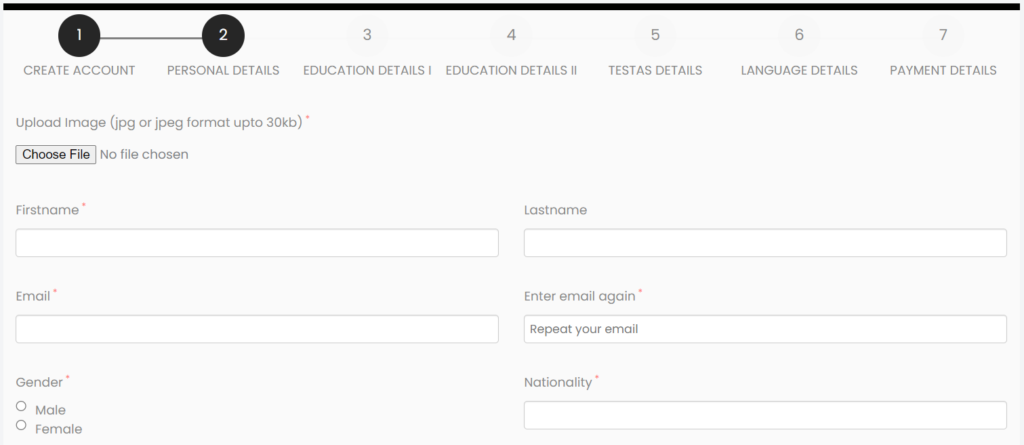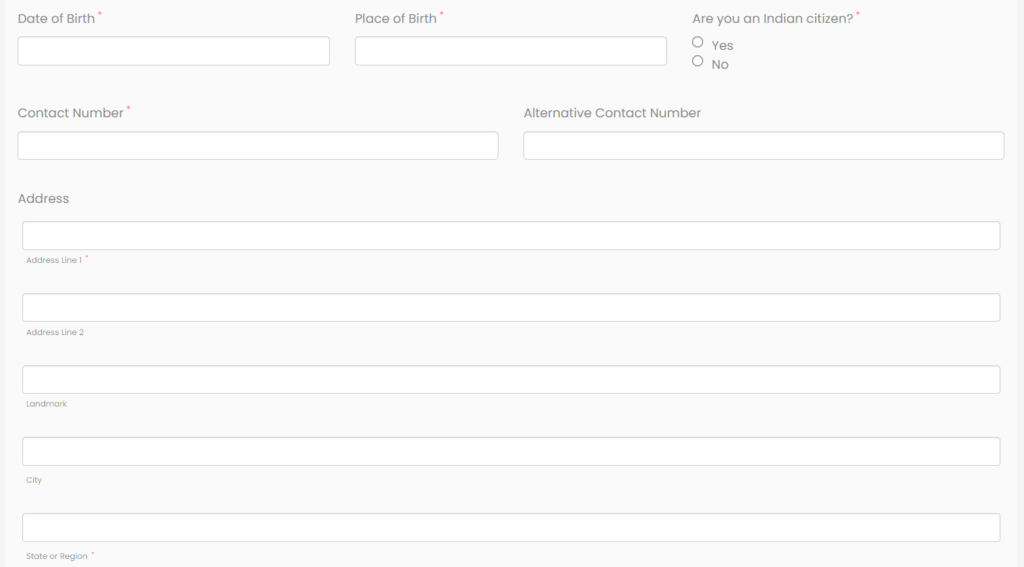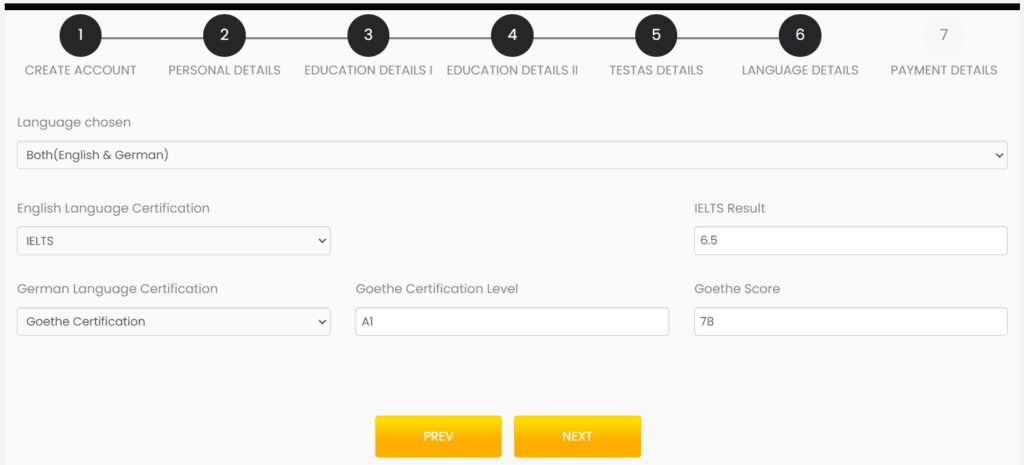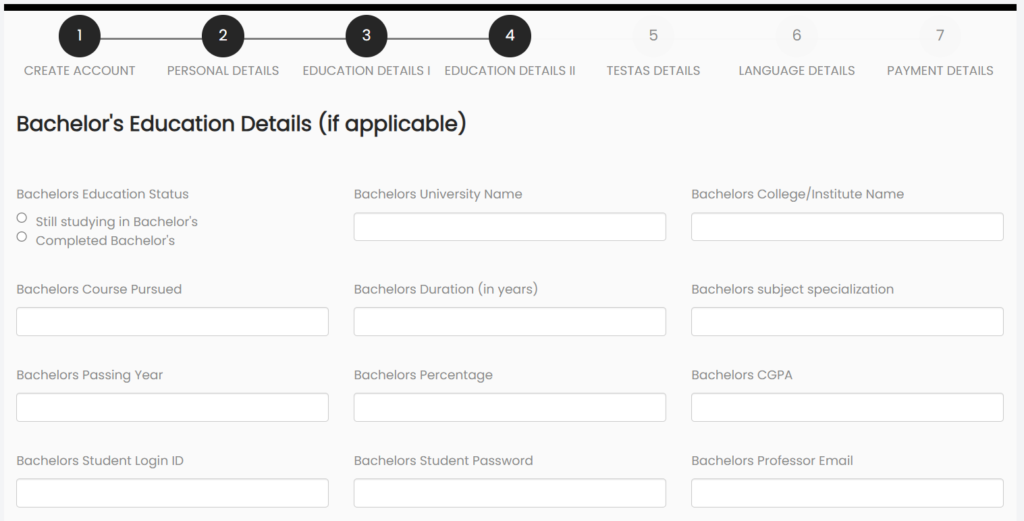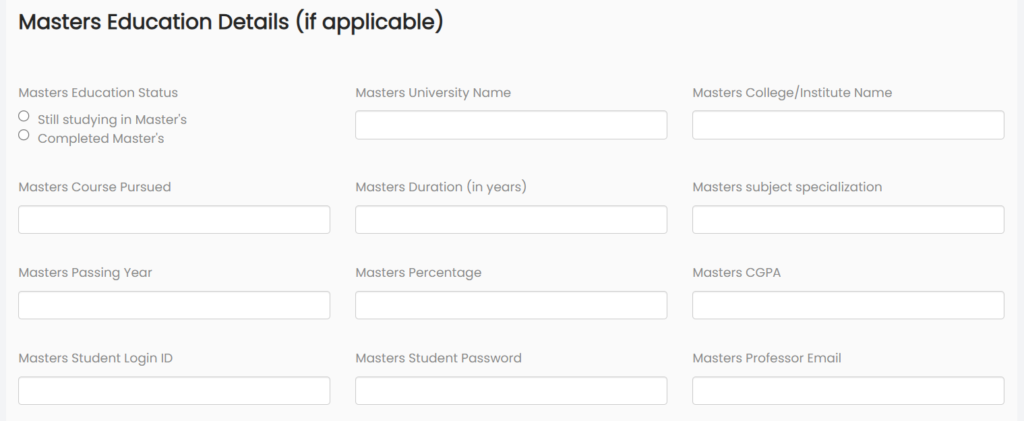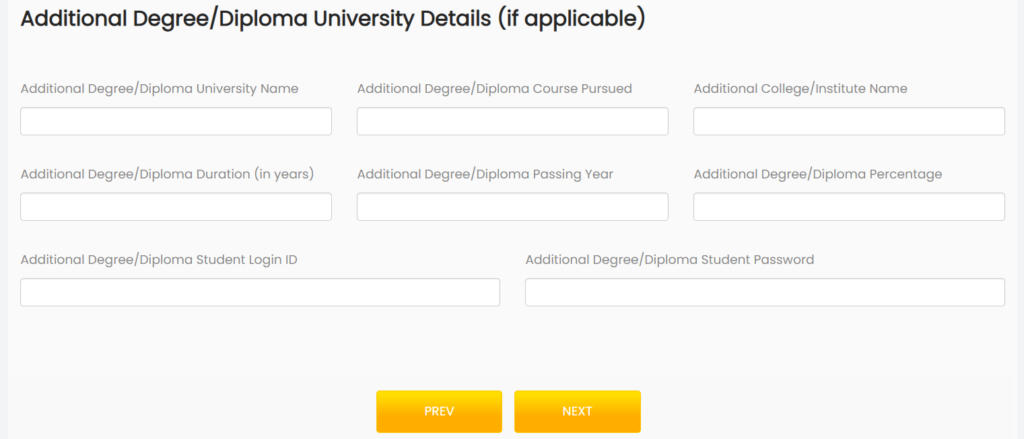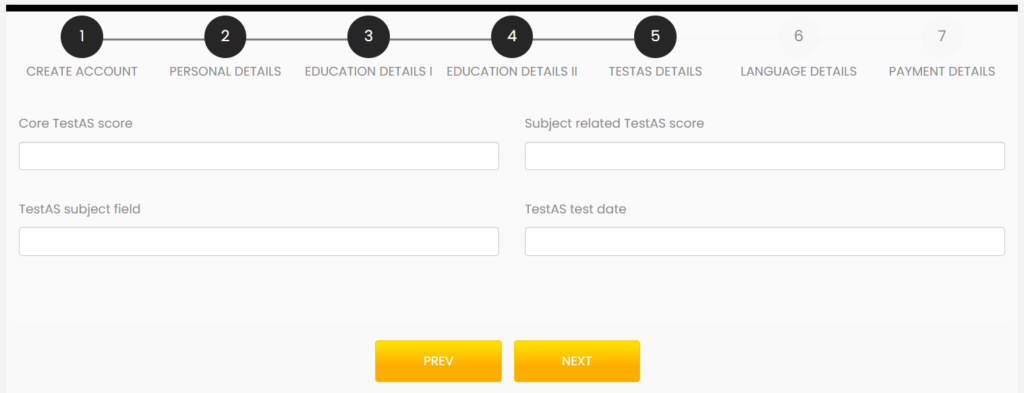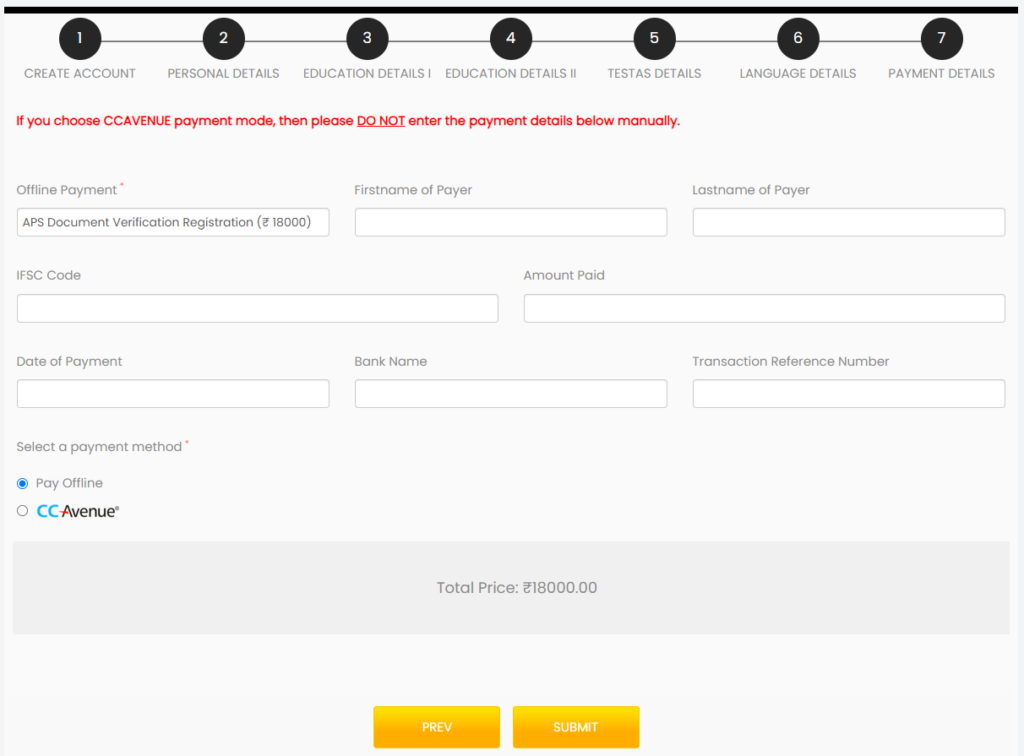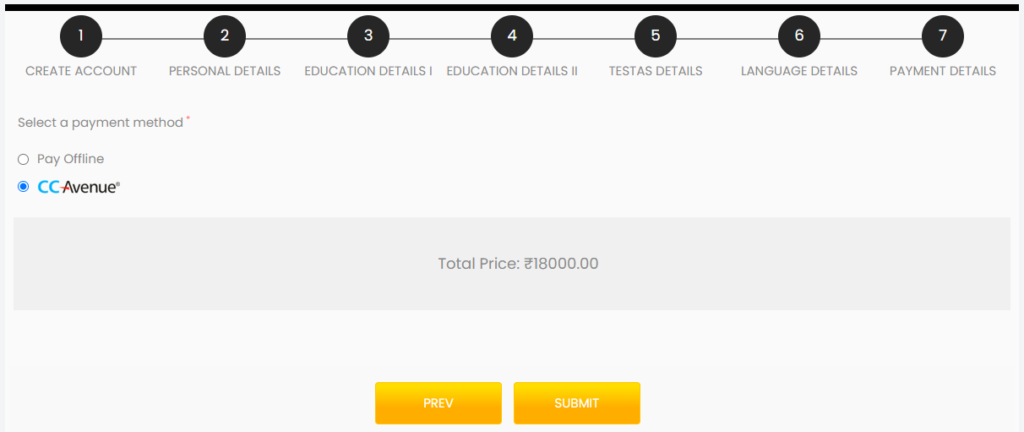USA vs Germany! When comparing two of the world’s most influential countries, the USA vs Germany, it’s essential to consider various factors that influence the quality of life, economic stability, cultural richness, and overall opportunities available in each nation. In this blog, we’ll dive deep into the advantages and disadvantages of living in the USA vs Germany.
Additionally, Top Universities in Germany guidance and the visa process can be challenging. Our partner, German Aspirants Consultancy, offers expert guidance and support to secure your student visa, ensuring a smooth transition to Germany. As the best visa consultancy for Germany, explore their services here.
1. Economic Opportunities (USA vs Germany)
| Aspect | USA | Germany |
|---|---|---|
| Job Market | Diverse and robust, with numerous opportunities across various sectors | Strong industrial base, particularly in engineering, manufacturing, and automotive industries |
| Entrepreneurial Support | High level of support for startups, especially in tech hubs like Silicon Valley | Increasing support for startups with significant government incentives and funding opportunities |
| Wages | Generally higher wages compared to many other countries | Competitive wages with a strong focus on skilled labor |
The USA offers a diverse job market with high wages, especially in technology, finance, and healthcare. However, job security can be lower, and there is significant income inequality. In contrast, Germany boasts strong job security and high demand for skilled labor in engineering and manufacturing, though non-German speakers might face challenges.
2. Education System (USA vs Germany)
| Aspect | USA | Germany |
|---|---|---|
| Quality of Education | High-quality education with a range of prestigious universities | High-quality education with a strong emphasis on vocational training |
| Cost of Education | Very high, with significant student loan burdens | Generally free or low-cost higher education |
| Research Opportunities | Extensive funding and opportunities for research | Strong research institutions with a focus on practical application |
The USA is home to prestigious universities like Harvard and MIT, but the high cost of education often results in significant student debt. Germany offers free or low-cost higher education and robust vocational training, though proficiency in German is often required.
3. Healthcare System (USA vs Germany)
| Aspect | USA | Germany |
|---|---|---|
| Healthcare Quality | Advanced medical technology and high-quality care | High-quality care with a focus on public health |
| Accessibility | Dependent on insurance, with many facing high costs | Universal healthcare with mandatory health insurance |
| Cost | Very high healthcare costs | Generally lower costs due to regulated pricing |
The USA has advanced medical technology and specialized care, but high costs and unequal access are significant issues. Germany provides universal coverage through mandatory health insurance, making healthcare more affordable and accessible, although waiting times can be longer for certain procedures.
4. Cost of Living (USA vs Germany)
| Aspect | USA | Germany |
|---|---|---|
| Housing | Varies widely, with high costs in major cities like New York and San Francisco | Generally lower housing costs, though rising in major cities like Berlin and Munich |
| Transportation | High costs, especially for car ownership and public transport in major cities | Efficient and affordable public transportation system |
| Everyday Expenses | Higher cost of living in terms of food, utilities, and services | Lower cost of living for daily expenses compared to the USA |
The cost of living in the USA is higher, particularly in major cities. Everyday expenses, including housing and transportation, are significant. Germany offers more affordable living, especially in terms of healthcare and education, though housing costs are rising in cities like Berlin and Munich.
5. Work-Life Balance (USA vs Germany)
| Aspect | USA | Germany |
|---|---|---|
| Working Hours | Generally longer working hours, with fewer vacation days | Strong emphasis on work-life balance, with shorter working hours and more vacation days |
| Parental Leave | Limited parental leave policies | Generous parental leave policies |
| Job Security | Lower job security with an emphasis on “at-will” employment | Strong job security with strict labor laws |
The USA often demands longer working hours and offers fewer vacation days. In contrast, Germany places a strong emphasis on work-life balance, providing generous parental leave and more vacation days, although career progression might be slower.
6. Cultural Differences (USA vs Germany)
| Aspect | USA | Germany |
|---|---|---|
| Social Norms | Informal and diverse, with an emphasis on individualism | More formal and structured, with an emphasis on community and social order |
| Food and Cuisine | Diverse culinary scene reflecting the melting pot of cultures | Rich culinary traditions with a focus on regional specialties |
| Lifestyle | Fast-paced lifestyle, particularly in urban areas | Balanced lifestyle with a strong emphasis on leisure and family time |
The USA is known for its diversity and innovation, but the fast-paced lifestyle can be stressful. Germany offers a rich cultural heritage and a balanced lifestyle with a strong focus on leisure and family, though social interactions can be more formal.
7. Safety and Security (USA vs Germany)
| Aspect | USA | Germany |
|---|---|---|
| Crime Rate | Higher crime rates in certain areas | Generally lower crime rates with a focus on public safety |
| Gun Laws | Lenient gun laws leading to higher gun violence | Strict gun laws contributing to lower gun violence |
| Social Safety Nets | Limited social safety nets compared to Germany | Strong social safety nets ensuring well-being |
Safety and security are generally higher in Germany, with strict gun control and robust social safety nets. The USA has higher crime rates and more lenient gun laws, but also offers greater personal freedom and innovation.
8. Conclusion
Both the USA and Germany (USA vs Germany) offer a high quality of life but in different ways. The USA excels in economic opportunities, education, and innovation but struggles with high costs and inequality. Germany shines in work-life balance, affordable living, and safety, though it has its own challenges, such as language barriers and a more rigid job market.
USA vs Germany Choosing between these two nations depends on personal priorities, including career goals, lifestyle preferences, and family needs. Both countries provide unique opportunities and experiences, making them attractive options for different reasons. for germany you find more link.
Additionally, Top Universities in Germany guidance and the visa process can be challenging. Our partner, German Aspirants Consultancy, offers expert guidance and support to secure your student visa, ensuring a smooth transition to Germany. As the best visa consultancy for Germany, explore their services here.









